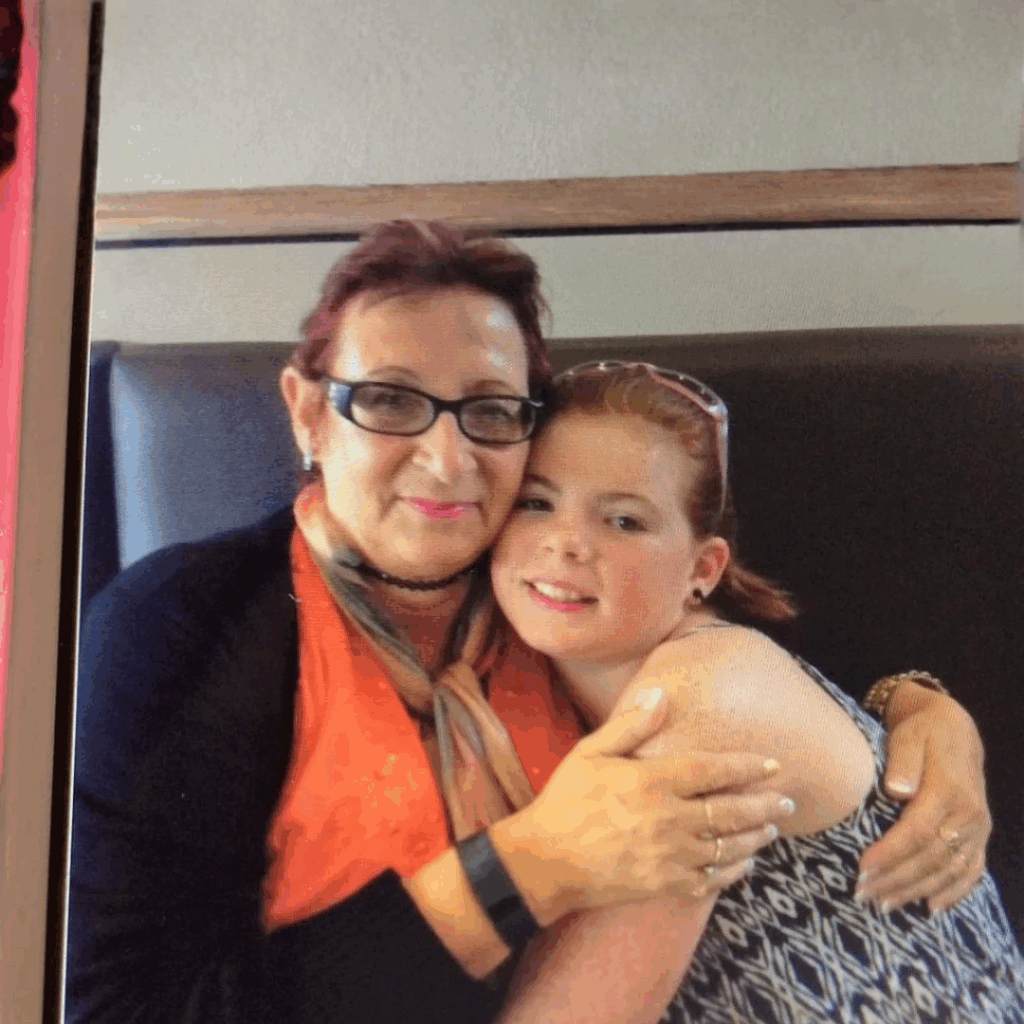The moment your doctor tells you that you have lung disease or lung cancer may be quite surreal. You may hear the diagnosis and feel like your brain stops working. You continue to hear everything that the doctor says and you may even ask questions; but as you walk out of the appointment, you feel numb, as if you are not actually in your own body.
Psychologists call it dissociating, which is how our brain keeps us from becoming too distressed when we get bad or upsetting news. It distances us from the situation and makes us feel like we are not really present. The feeling may last a few minutes, a few hours or even a few days.
Diagnosis as a Relief
There is no right or correct way to feel around the time of diagnosis. Every person will have their own unique experience. Some people may feel quite relieved once they know the reason for how they have been feeling. Others might feel a level of certainty because the path ahead is now clearer. Some people may feel relief because they have been fearful of a much worse outcome than what they have been told.
“It was a relief to be diagnosed. I knew something was wrong and then finally I could start to understand and do something about it. Knowing what was wrong, helped me to deal with it.”- Anonymous, living with bronchiectasis.
Diagnosis as a Shock
While some people may feel a level of relief by knowing the diagnosis, it can still come as quite a shock. Feeling shock is quite normal. You may find yourself moving between acceptance and denial and the feeling of dissociating may wax and wane; you might feel like you can’t really concentrate or sleep and your appetite might be impacted. Feeling much of anything other than just existing may be too much effort but this feeling should resolve within a week or two. If it persists, reach out to a mental health professional who can help you come to terms with the gravity of your diagnosis.
People who have been previously quite well and whose symptoms came on either quickly or were almost non-existent before being diagnosed ‘by accident’, are most at risk of struggling to process a diagnosis. How you process your diagnosis will depend on things such as personality, family and social supports, financial circumstances, age, gender and the condition itself.
Is it normal to be in denial about a diagnosis?
Experiencing a period of denial, a “this can’t be true” period, is quite normal when you get a diagnosis, especially if it has life-limiting implications. It can take time to adjust to the significance of your diagnosis. Using denial initially, especially if you are still quite well or don’t have many symptoms, can allow you to present yourself as if nothing has changed. But in the long run, this tactic can make it harder for you and those you care about to come to terms with your diagnosis.
Sometimes it is not the person with the lung condition who is in denial but their loved ones who find it hard to accept the reality of what it means. Comments such as “you don’t look sick” or “we really want you to come too” can indicate that they are in denial or that they simply don’t understand that a lung condition can make it hard for you to participate in social events.
If you or one of your loved ones is struggling with denial, it might be a good idea to jointly talk to a mental health professional or your respiratory specialist.
“When you are diagnosed you need to prepare for the full impact on your mental health, not just your physical health.”– Anonymous, living with lung cancer.

Coping with a Diagnosis
The concept of coping is subjective and will look and feel differently for each person. Many of us will have said or heard someone we care about at some point say “I’m not coping!” What this statement usually means is “I don’t feel like I am coping as well as I would like to, and I feel overwhelmed”. Even sitting in a corner crying and rocking is a form of coping and self-soothing. It may not feel very good but it is coping. For more information on ways of coping see our blog.
Are you looking for more information about caring for your mental health and wellbeing?
Was this page helpful?
Good job! Please give your positive feedback
How could we improve this post? Please Help us.



